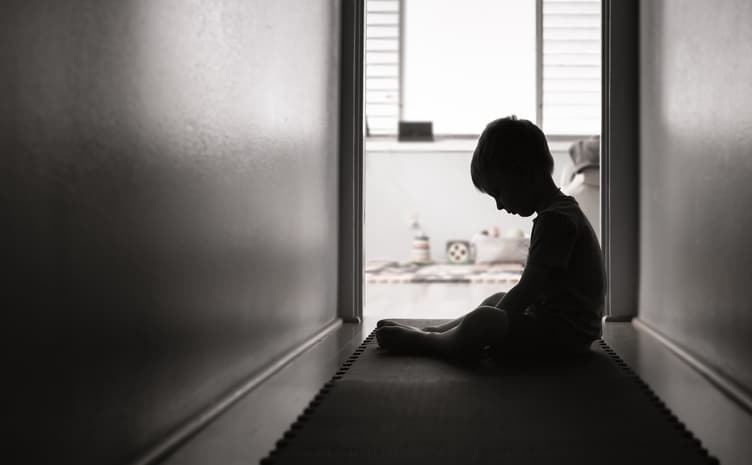Are there different types of bipolar disorder?
There are at least four types of bipolar disorder, and each type is defined by the severity of symptoms. From most severe to least, these types are:
- Bipolar I disorder
- Bipolar II disorder
- Cyclothymic disorder
- Bipolar disorder not otherwise specified
Through exhaustive study and experience, our therapists have developed a complete understanding of all types and phases of bipolar disorder, and we are prepared to help you overcome the struggles that bipolar disorder generates. We look forward to understanding your needs and helping you begin your recovery.
How do you treat bipolar disorder?
The most common treatments include a combination of psychotherapy and medication, depending on severity of each individual.
At Bridgepoint, we have found that therapy sessions can be very effective at leveling the mood swings brought on by bipolar disorder. Our therapists regularly incorporate journaling when successfully working with bipolar disorder patients. Medications such as antidepressants and mood stabilizers often reduce symptoms during treatment and healing. It is often possible to incorporate lifestyle changes to provide positive results as well.
Each individual case varies, and therapy may be continual or used on an “as needed” basis, depending on the needs of each individual.
What should I do to overcome bipolar disorder?
Bipolar disorder is a complicated and stressful condition for the sufferer and family, and it can often be very difficult for people to see how symptoms are affecting them.
If you think you may have bipolar disorder, or if you have a loved one who appears to be affected, we recommend that you contact us immediately to schedule an evaluation. After a thorough consultation, our therapists will develop a plan to help you cope with bipolar disorder and its effects as soon as possible.
We at Bridgepoint know how trying bipolar disorder can be, and we look forward to the relief our experience and therapy can provide.





